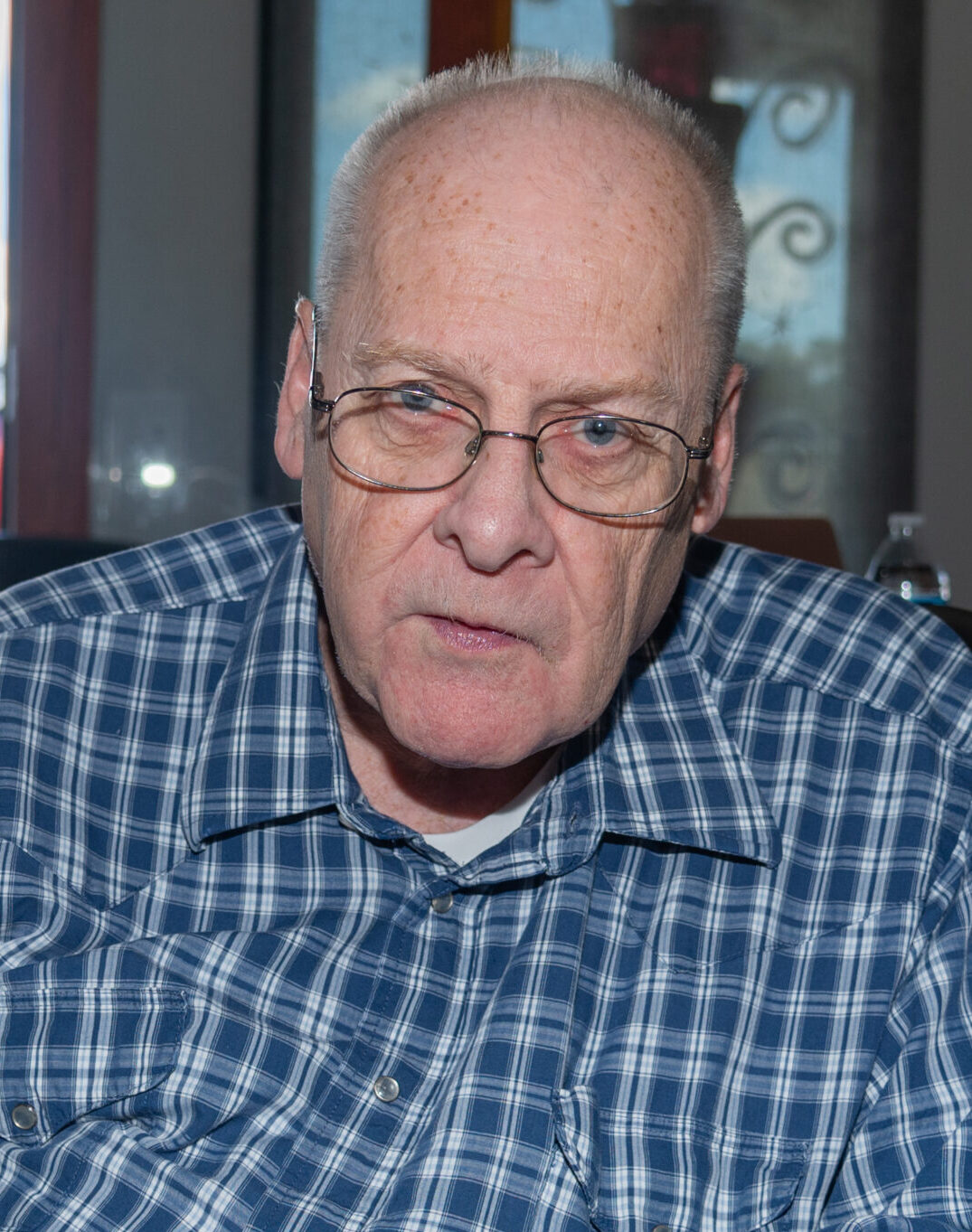BY GREG MARKLEY
OPINION —
For 2023, “authentic” is the Word of the Year for Merriam-Webster. Don’t let this distract you: No, it is not a new word as many top words in competitions are. It was judged as the most popular word for the year, based not on newness but on the number of times it is used in contact with librarians and archivists.
For politicians, trying to be authentic yet show firm leadership is tough. For example, while he was President George W. Bush had a strong gung-ho style. He often spoke in accessible language to be seen as “one of the gang.” Yet in reality, he was an avid reader and the first U.S. president to earn an MBA. Bush II was also the only president who graduated from both Harvard and Yale. Upon retirement, he displayed more of his good, authentic qualities.
“Authentic has several meanings including ‘not false or imitation,’ a synonym of real and actual,” explained Peter Sokolowski, editor at large at Merriam-Webster. “Authentic” also means ‘true to one’s personality, spirit, or character.’” Although a desirable quality, authenticity is hard to define and subject to debate: for two reasons it sends many people to the dictionary.
Sokolowski pointed out that singers Lainey Wilson, Sam Smith, and especially Taylor Swift all made headlines in 2023 by stating they were seeking their “authentic” voice and “authentic” self. The result was that the subject of authenticity was never far outside their performances and self-esteem.
Metaverse has been in and out of popularity since the term was coined in 1992. It should not be heralded as a new word of the year. The public has been interested not in just the word, but how the “metaverse” works itself out. It is irritating to see this word become a -Gate for technology as Watergate was for political corruption. We have had Deavergate, Franklin Gate, Iraqgate, Nannygate, Troopergate and more. Let’s not make meta-etc. a tiresome phrase.
Also cited as a popular word this year is “ChatGPT-maker OpenAI,” which encouraged Peter Sokolowski of Merriam-Webster to speak about artificial intelligence in practical terms. “Can we trust whether a student wrote this paper?” he asked. “Can we trust whether a politician made this statement? We don’t always trust what we see anymore. We sometimes don’t believe our own eyes or own ears. We are now realizing that authenticity is a performance itself.”
Another term that has been followed closely by new word spotters is “hangry.” It has been researched by users, some of whom probably thought it was an urban legend instead of a word that is already in dictionaries. It means you are hungry and it is getting worse every moment. It’s the type of misadventure that makes you very mad. It comes by joining the words “hungry” and “anger.”
When King Charles III had a ceremony involving the placement of a crown on him to officially become the British monarch, it was a “coronation.” Charles became king over the U.K. as well as 14 other Commonwealth realms the minute Queen Elizabeth died, in September. Coronation was nine months later, a custom to ensure the event was well-rehearsed and tight security was arranged.
At first, the term “staycation” seems like a travel agency is suggesting that customers are people who work hard and do not want to be far from the “flag pole.” What if the staycation promoter is in Texas, which has a width of 773 miles East to West? Or in Alaska with the longest North to South range, and plenty of poor weather? In Texas and Alaska, a “staycation” might need finessing.
The dictionary terms for staycation are two. First, it is “a vacation spent in one’s home country rather than abroad, or one spent at home and involving day trips to local attractions.” Second, this method of vacation is “a period in which an individual or family stays home and participates in leisure activities within day trip distance of their home and does not require overnight accommodation.”
Examples of Words of the Year, from Oxford University include bushlips (1990), mother of all (1991), worldwideweb and newt (1995), mom (1996), chad (2000), 9-11, 9/11 or September 11 (2001), app (2010), dumpster fire (2016), fake news (2020), and insurrection (2021). Look them up if you are curious.
Greg Markley moved to Lee County in 1996. He has a master’s in education from AUM and a master’s in history from Auburn University. He taught politics as an adjunct in Georgia and Alabama. An award-winning writer in the Army and civilian life, he has contributed to the Observer since 2011. He writes on politics, education, and books.

